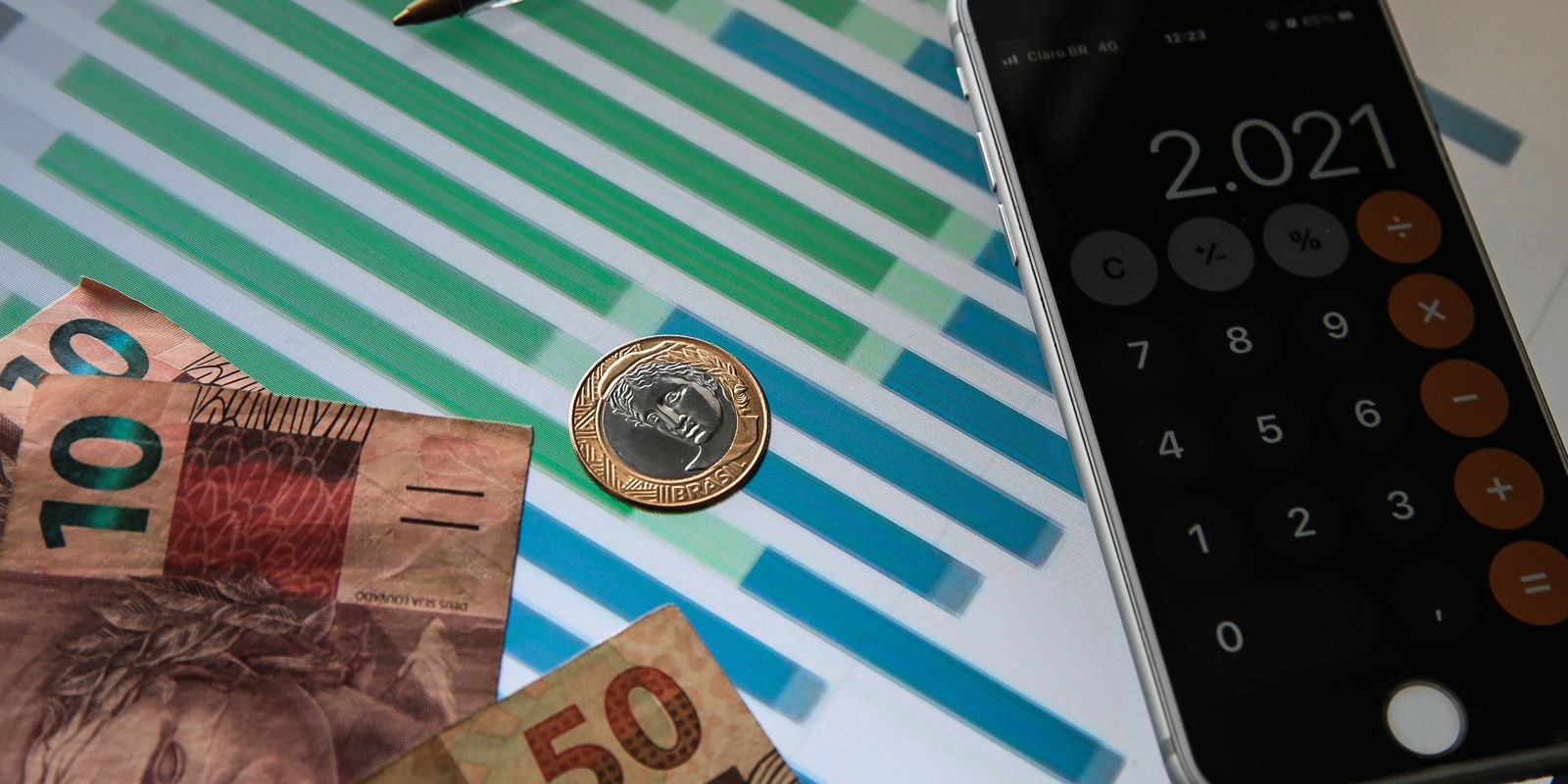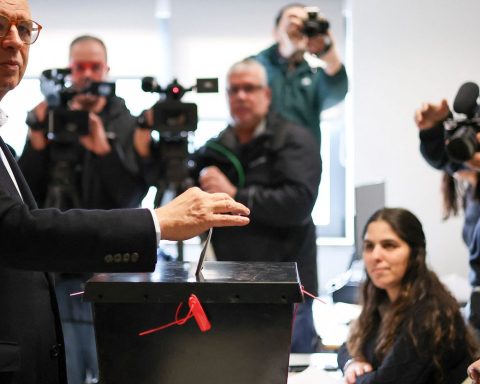The Economic Uncertainty Indicator (IIE-Br) of Fundação Getulio Vargas (FGV) rose 0.2 point in July, to 120.8 points, the highest level since March this year (121.3 points). According to the economist at the Brazilian Institute of Economics at FGV, Anna Carolina Gouveia, the indicator was practically stable in July, above 120 points, a historically high level.
“The result continues to be influenced by inflationary pressure in Brazil and in the world and the global monetary tightening policy, putting global growth in check in the coming months. In Brazil, additionally, there was a worsening of the fiscal scenario for 2023, and of the political scenario, with the proximity of the presidential elections. Given this scenario, it is possible that the indicator will continue to fluctuate at still high levels in the coming months,” said the economist.
According to the FGV, the two components of the indicator moved in opposite directions in July. The Media component rose three points to 117.7 points, contributing 2.6 points to the aggregate index.
The Expectations component, which measures the dispersion in experts’ forecasts for macroeconomic variables, dropped 11.1 points, to 124.7 points, contributing negatively with 2.4 points to the evolution of the IIE-Br margin.
“Despite the strong decline in the Expectation component of the IIE-Br in the month, this indicator remains at a high level, reflecting the heterogeneity of experts’ forecasts for key variables in the economy. The July decline returns only 31% of the 36.2-point rise in the IIE-Br Expectation between February and June,” said Anna Carolina.
















